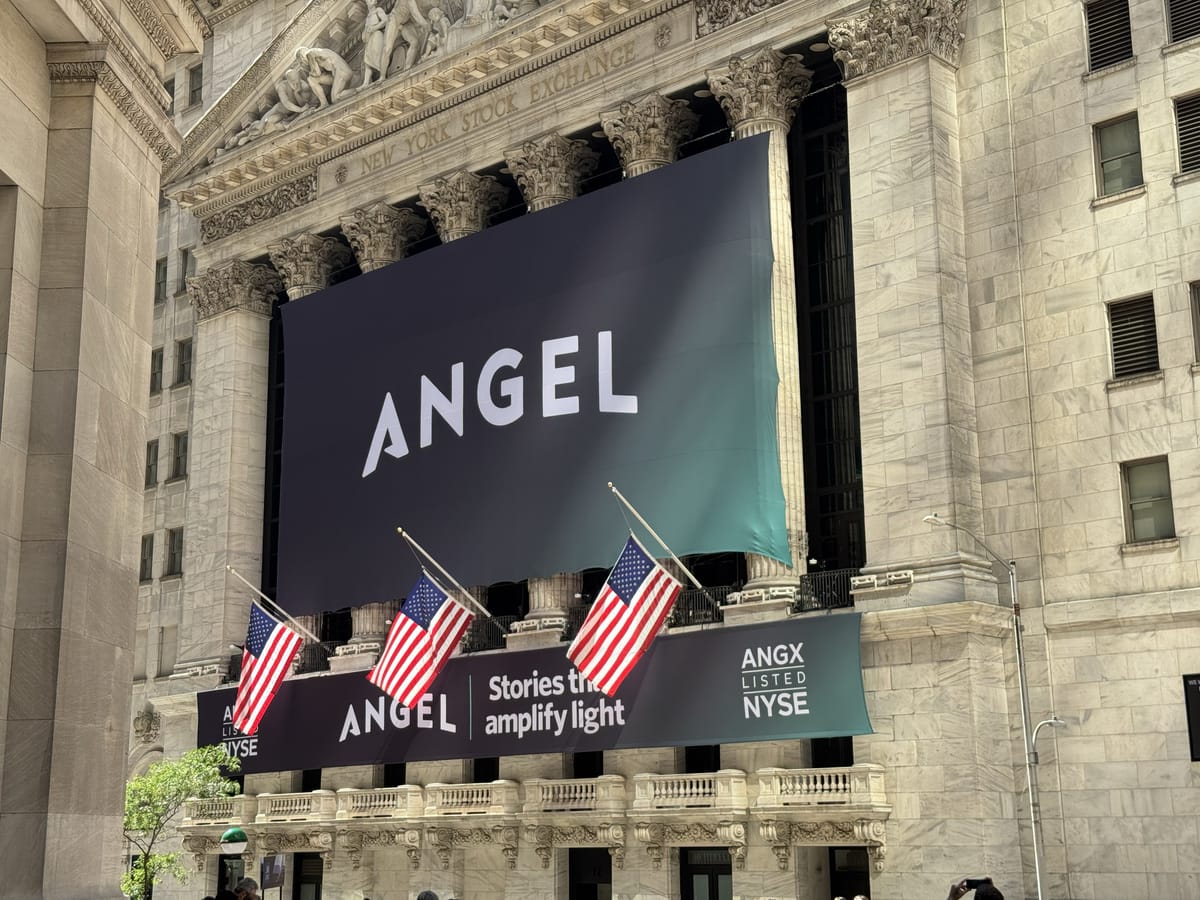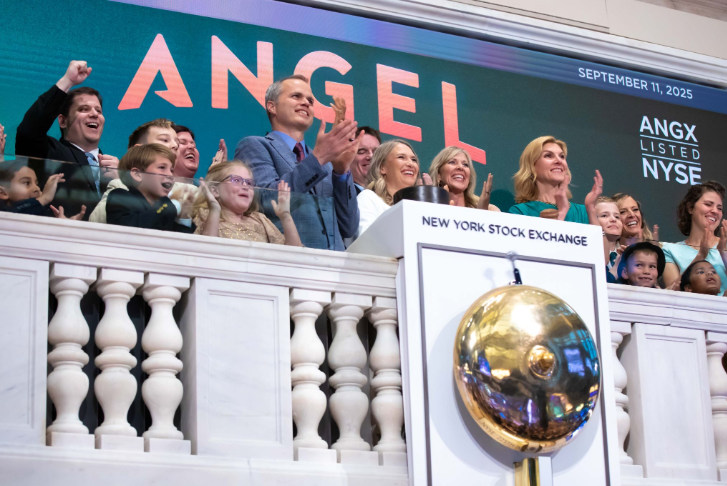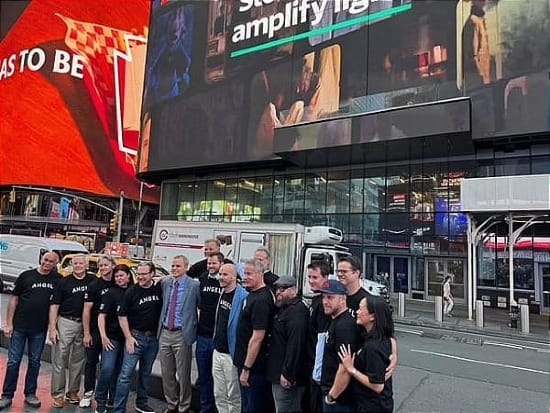

Salt Lake City, Utah — September 24, 2025
On September 11, Angel Studios pulled off a Wall Street maneuver so unorthodox it barely had a name. The Provo, Utah-based media-tech outfit became publicly traded on the NYSE through a de-SPAC merger while simultaneously raising $55 million from thousands of everyday investors. It was a financing cocktail no company had ever attempted. At the center of the scramble was Mayer Brown LLP and specialty Reg A counsel Michael Best & Freidrich LLP, stitching together filings while regulators looked over their shoulders.
By 2022, the SPAC market was radioactive: redemptions hit record highs, private capital dried up, and most deals died on the vine. Angel Studios, led by cofounder Neal Harmon, barreled in anyway. Their answer? Pair the de-SPAC with a Regulation A crowdfunding raise—something Wall Street bankers had never seen.

“It had literally never been done before,” said Brian Hirshberg, a Mayer Brown partner in New York. The SEC, he explained, wouldn’t even review the merger unless Angel could produce financial statements for money it hadn’t yet raised. “It meant guessing at financing that hadn’t even happened yet.” Over 18 frenzied days, Angel coaxed $55 million from its fan base while Mayer Brown’s lawyers worked across time zones to keep the filings alive.
The Legal Scramble
For Mayer Brown, the deal was a stress test. “I wouldn’t have tried it at my old firm,” admitted Mark Bonham, a partner in Salt Lake City. “But at Mayer Brown, with our global resources and expertise across capital markets, M&A, and corporate, this kind of deal was possible.”

The project pulled in specialists from New York, Chicago, and Utah, coordinating multiple filings and investor raises in real time. When thorny legal questions cropped up, the team had another advantage: former SEC officials on speed dial. “That’s something smaller firms often can’t do,” Bonham said.

Angel’s Playbook: Crowds, Crypto, and Control
Angel Studios didn’t just complicate the financing—it redefined governance. Its 1.6 million–member Angel Guild votes on projects, effectively giving fans a say in what movies and series get made.
"Angel is a response to Hollywood gatekeepers being out of touch,” says Angel CEO and co-founder Neal Harmon. “We have flipped the model, empowering our 1.5 million Angel Guild members to be virtual co-producers, deciding what values-driven film and television shows get made and distributed. While we are encouraged by the early response to the power of our new model, we are focused on building lasting value over the long term.”

That grassroots model, paired with crowdfunding campaigns that have hit the SEC’s $75 million cap, forced lawyers and executives to juggle thousands of shareholders.
“The internal team at Angel really did a lot,” Bonham said. “They coordinated thousands of shareholders, worked long hours, and kept pressing for creative solutions. That kind of tenacity is rare.”
And Angel wasn’t done stacking the deck. Some of its liquidity is held in Bitcoin, adding yet another wrinkle. “Neal Harmon is a very innovative leader,” Hirshberg said. “Angel is a disruptor, and they want to take advantage of every financing tool available. We’re just helping make sure they do it the right way.”

Fast-Tracked to the Big Board
Initially leaning toward NASDAQ, Angel ultimately landed on the New York Stock Exchange—where officials hustled to approve the listing in just two to three weeks. “The NYSE moved heaven and earth to get Angel listed quickly because they viewed it as an innovative company they wanted on the big board,” Hirshberg said.
The merger valued Angel at $1.6 billion. Institutional investors in the SPAC agreed not to redeem shares, giving the company a stable foundation for its public debut.
A Blueprint—or a One-Off?
The implications go beyond one Utah media-tech company. “This transaction arms Angel with a publicly traded security that they can use to acquire future projects. That’s potentially very exciting,” Hirshberg said.
Whether Angel’s model can be replicated is another question. Its mix of community-driven governance, crowdfunding, and crypto-backed liquidity makes it a true outlier. But if it holds, Angel’s deal could serve as a playbook for startups eager to sidestep Wall Street convention.
For now, the newly minted ANGX has been volatile, like most young listings. Still, Angel’s mix of fan-powered content and profit-sharing has earned it loyalty where it matters most: among its audience. And as Mayer Brown’s lawyers will tell you, pulling it off at all was a minor miracle.
To learn more about Angel, visit Angel.com. For more information about Mayer Brown LLP, check out MayerBrown.com.

